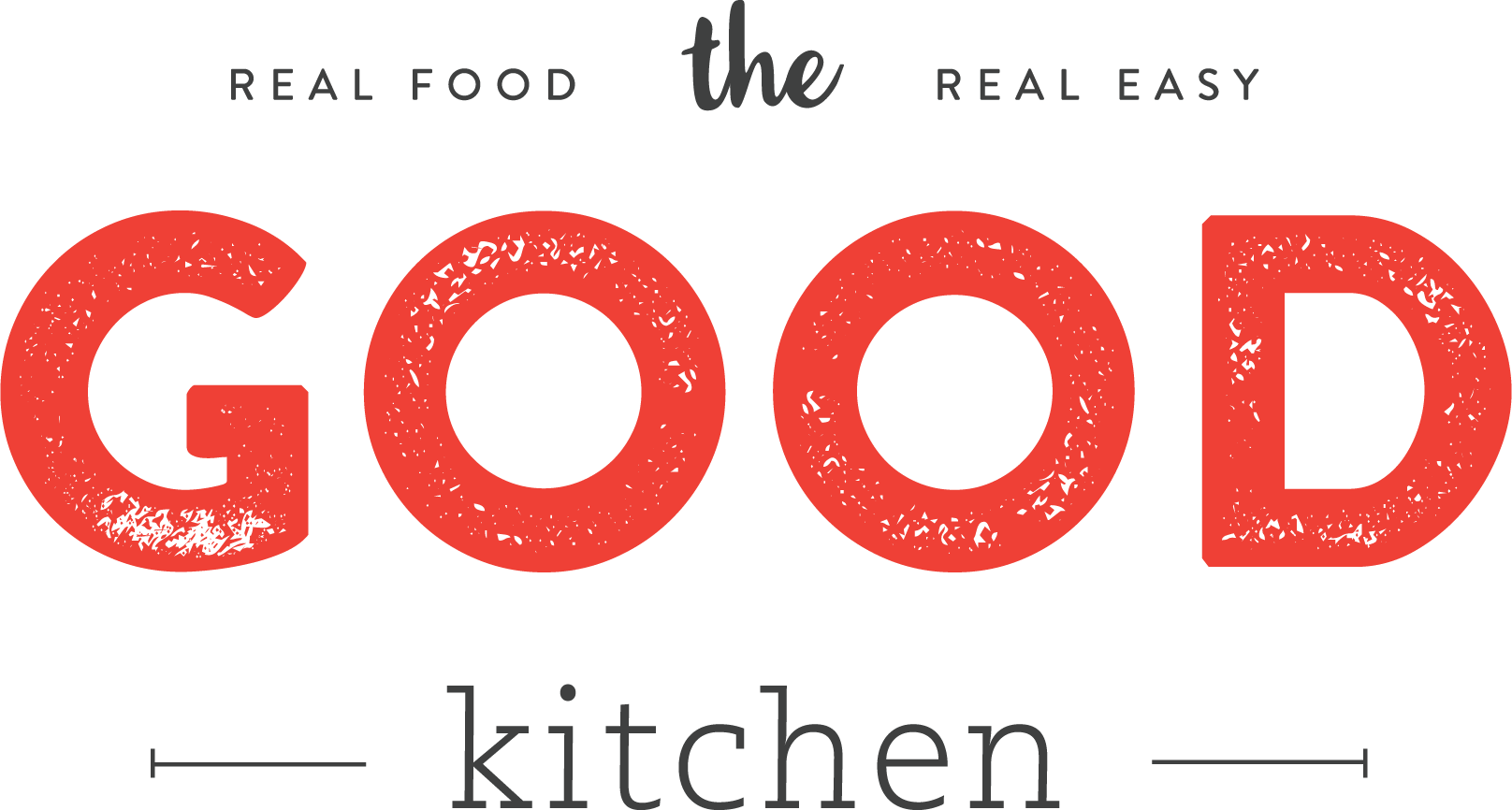A Spoonful of Sugar
NUTRITION: "A minute on the lips, a lifetime on the hips."
"A minute on the lips, a lifetime on the hips."
This old adage reflects common knowledge that sugar consumption is a contributing factor to ever-expanding waistlines.
So, it is well understood that if you are looking to lose weight, sugar is not your friend. But did you also know that sugar has been linked to numerous other health risks and diseases? It's true. Among others, most notably sugar has been linked with an increased risk of:
- Diabetes
- Heart Disease
- Depression
- Cancer
Whoa, right? Might you feel overwhelmed that those leftover jellybeans on your desk threaten a little more than your pant size?
Well, let's take a look at the sugar-body correlation to better understand the detriment that sugar can pose to your overall health.
Diabetes
Diabetes is probably the most common disease association with sugar that we have seen recently. With Type 2 Diabetes on the rise, the issue is being addressed everywhere - from doctors' offices to schools. Even popular shows like "The Biggest Loser" and "Dr. Oz" have highlighted the issue. So what's the connection here?
Well, Robb Wolf notes that sugar inhibits the release of gamma-aminobutyric acid or, GABA from pancreatic beta cells. " The pancreatic beta cells also release insulin, so this mechanism is important for a couple of reasons. GABA being released from those pancreatic cells shows that it may play a role in regulating insulin. Also, GABA needs to be released to balance out the dopamine. This could lead to diabetes and weight gain".
*Interestingly enough, in this same article, Wolf likens the addictive quality of sugar to that of heroin, as it triggers the same response in the body - an increased amount of dopamine.
Heart Disease
While the association between sugar and diabetes has become mainstream, the association between sugar and heart disease is relatively new territory.
The fact is, many people not following a Paleo lifestyle (which includes a diet of little to no sugar), suffer from what is known as Metabolic Syndrome. Also known as "syndrome X," metabolic syndrome is a combination of symptoms and disorders - like high blood pressure, cholesterol and blood sugar levels - occurring at the same time within the body. And, according to the Primal Docs, "metabolic syndrome increases the risk of heart disease because high levels of sugar circulating in the bloodstream inflames and damages the lining of the arteries. The body uses cholesterol to patch the damaged areas contributing to the formation of plaque within the arteries-a process known as "atherosclerosis." Although an effective short-term fix, this eventually leads to the creation of artery-clogging plaque and drives up the risk of a heart attack."
Depression
If you're scratching your head thinking that nothing makes you happier than a fresh baked cookie warm out of the oven, I'm sorry to say that just the opposite is true. As referenced earlier, Robb Wolf has noted that, like certain drugs, sugar triggers a release of dopamine in the body, which in turn, initiates a cycle of post-sugar-high depression until more sugar is taken in for an additional surge of dopamine.
Additionally, in a recent article, Dr. Joseph Mercola notes, "one of the key predictors of heart disease and diabetes is in fact chronic inflammation, which, is also associated with poor mental health. And sugar consumption is a primary driver of chronic inflammation in your body, so consuming excessive amounts of sugar can truly set off an avalanche of negative health events - both mental and physical.
Cancer
Although this may seem like a new reference point, this research has actually been around for over half a century! In 1931, Dr. Otto Warburg actually received the Nobel Prize for his research citing a direct correlation to sugar and cancer. In his research, Warburg found that while sugar fuels ALL cells, cancer cells metabolize sugar at much higher rate than your normal cells. Meaning, that if you do have an abnormality, a diet high in sugar will promote rapid growth of those cancer cells making it more difficult for your body to tackle on its own.
Understand that by eating a clean diet (like the Paleo diet), your body has a much better chance of fighting off any imbalances and diseases on its own. In contrast, a diet that promotes inflammation (like the Standard American diet) forces your body to work overtime just controlling the inflammation brought on by diet alone, that often the body cannot cope with additional illnesses or injury. Food for thought
Now, do you still want that leftover Cadbury Egg?






